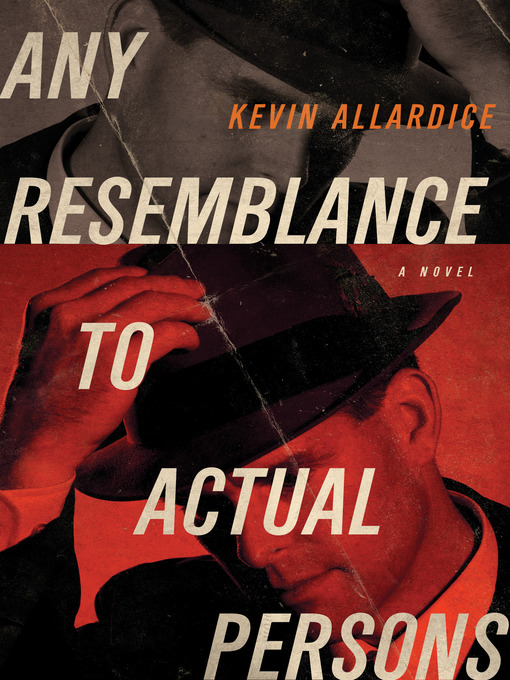Review by Publisher's Weekly Review
Poet Gabbert (The Unreality of Memory) muses on the literary life in this invigorating collection. The opening essay celebrates libraries' "recently returned" carts, which Gabbert enjoys perusing as an alternative to recommendation algorithms and cultural tastemakers. In "Somethingness (or, Why Write?)," Gabbert surveys how noted authors have answered the eponymous question (Vladimir Nabokov aimed to bridge reality and fantasy through fiction, while Franz Kafka wanted "to cast out invasive thoughts") and concludes that she's motivated to write by the desire to improve the quality of her thinking. The lively commentary offers fresh takes on classic literature, as when Gabbert quips that rereading The Bell Jar made her realize that "Sylvia Plath doesn't understand how paragraphs work." She found Robert Louis Stevenson's Strange Case of Dr. Jekyll and Mr. Hyde more profound than expected after reading it for the first time, suggesting the novel works "as a metaphor for aging or addiction or illness, the approach of death as a loss of the self." Elsewhere, Gabbert discusses how journaling shapes one's identity, how class hierarchy plays out in various novels' party scenes, and the relationship between truth and fiction. Gabbert is an original thinker, and the literary analysis is refreshingly unstuffy. Bookworms will appreciate these intelligent essays. Agent: Monika Woods, Triangle House. (June)
(c) Copyright PWxyz, LLC. All rights reserved
Review by Kirkus Book Review
Essays on literature and popular culture and the author's relationships with each. Poet Gabbert, the author of The Unreality of Memory, presents a series of intellectual personal essays, some of which have previously appeared in publications such as Harper's and the New York Review of Books. In the opening piece, the author delineates her former habit of perusing recently returned books at a Denver public library; this weekly routine was one of many disrupted by the pandemic. A voracious reader, Gabbert goes on to describe herself, with her husband, starting the "Stupid Classics Book Club." She explains that "'stupid' meant relatively short, accessible enough to be on a high school syllabus, and probably rehashed into cliché over time by multiple film adaptations and Simpsons episodes." One of their choices was Fahrenheit 451: "Now I know exactly how it's bad, and I can hate it for the right reasons." Throughout, Gabbert's tone moves among witty, pensive, curious, and confident. She is a fine writer--deft, astute, and generous about her own experiences yet rarely self-indulgent. Even with her own cards on the table, the primary focus here is writing: "I can confirm that Sylvia Plath doesn't understand how paragraphs work"; "A journal--any writing--is a chance at immortality, or if not eternal life, at least a little more life, a little more after death"; "I love when a piece of fiction insists that it's true. Inside itself, it always is." Gabbert saves the best for last: The closing essay ties together a variety of topics, including her abandonment of the practice of rereading, Point Break, and her reckoning with the unknown. The bibliography of quoted works runs three pages, and the author incorporates passages quite fittingly yet unexpectedly. For a specific group of ardent readers, this is an erudite book about books that's worth relishing. Copyright (c) Kirkus Reviews, used with permission.
Copyright (c) Kirkus Reviews, used with permission.

